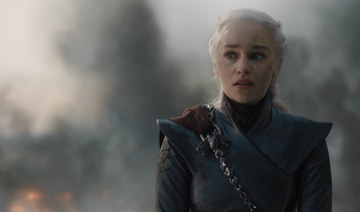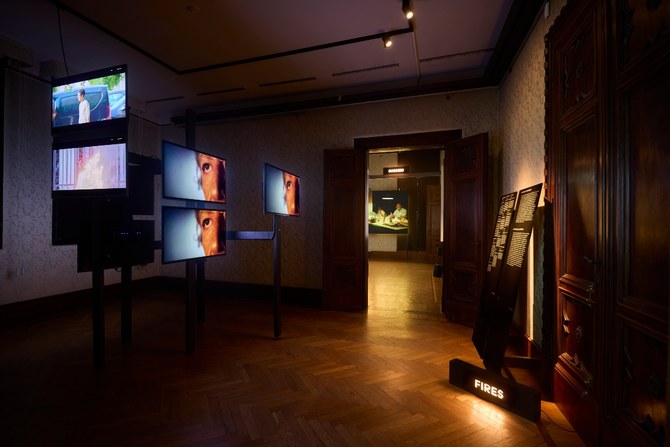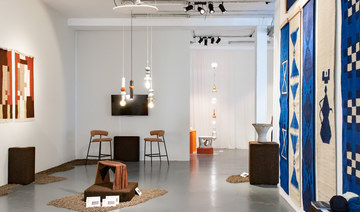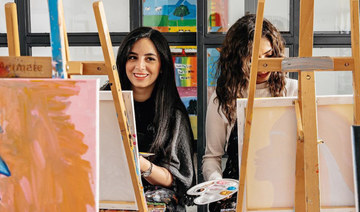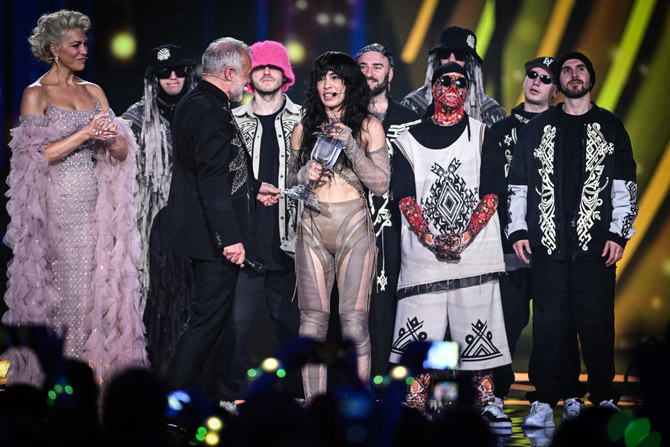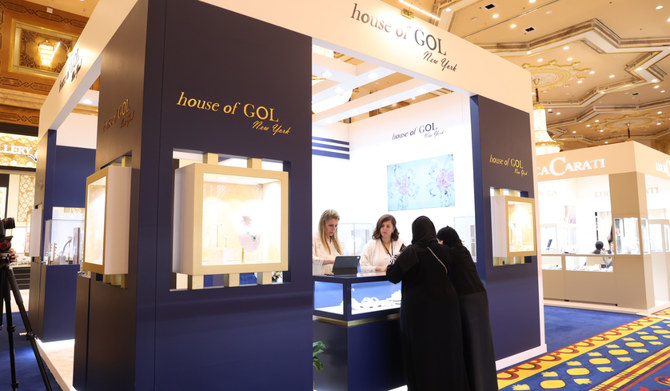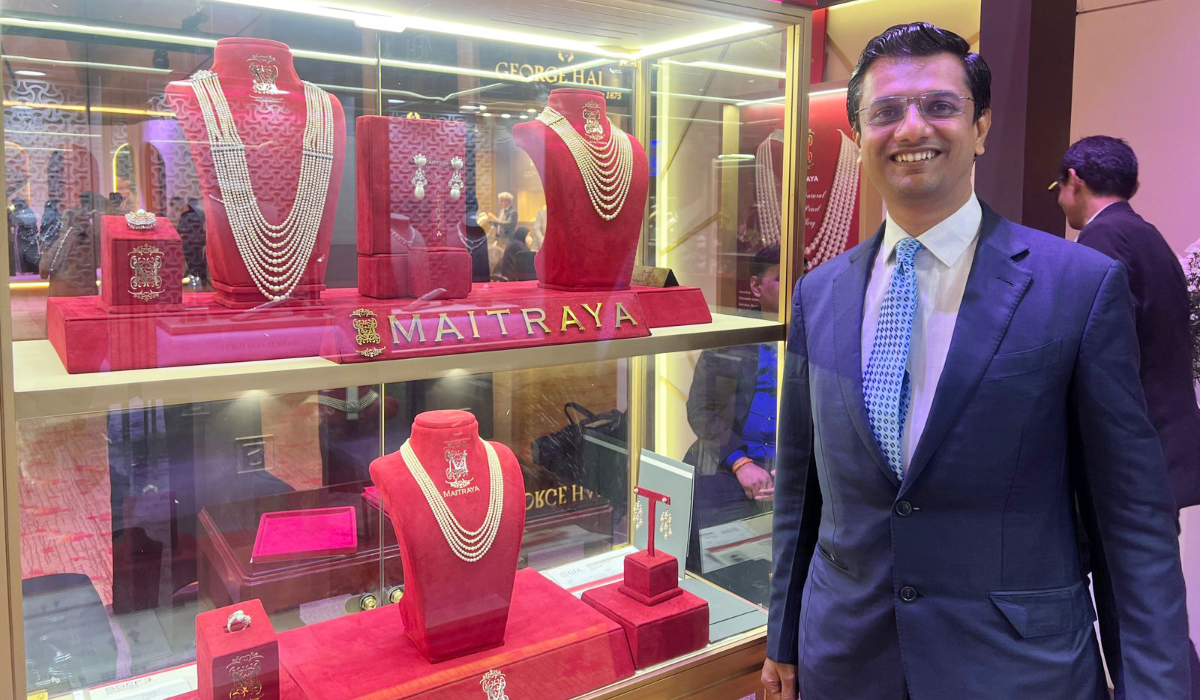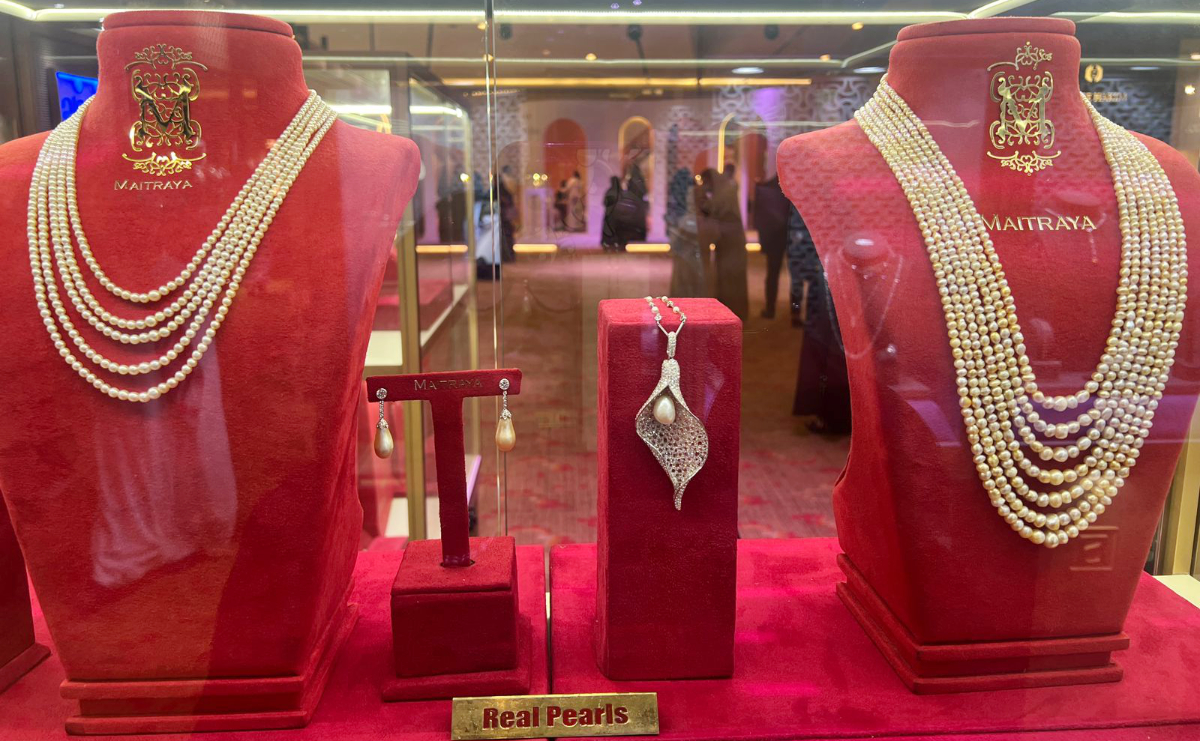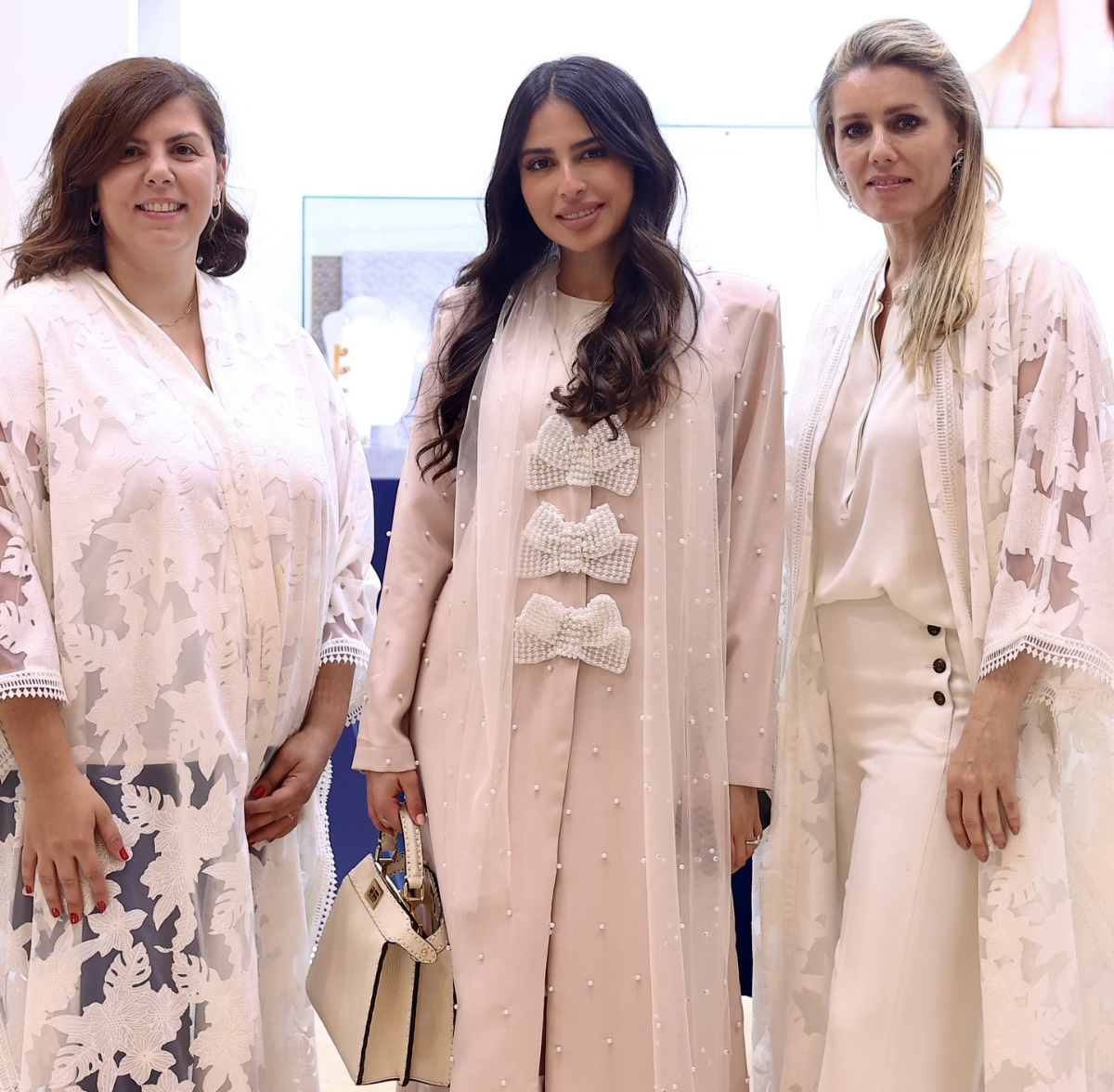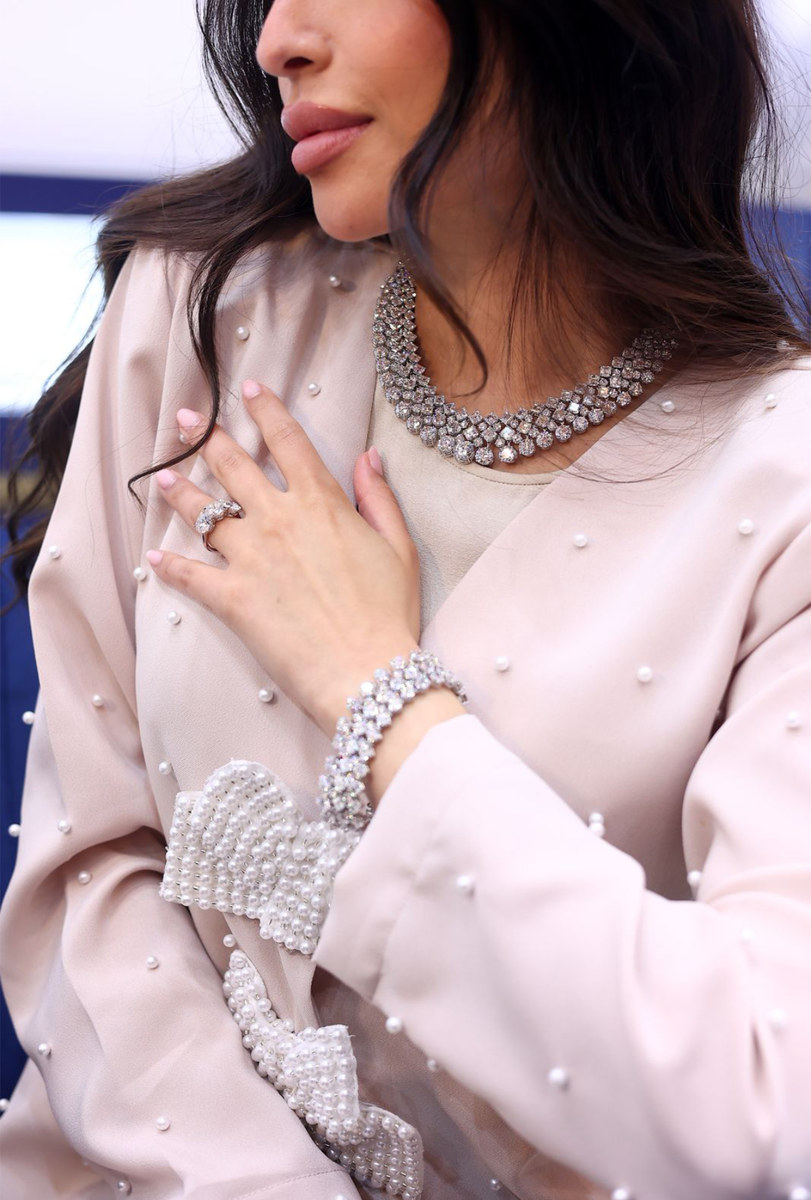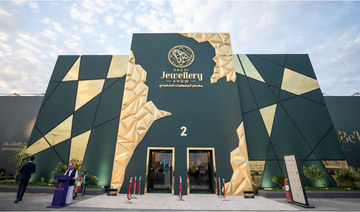DUBAI: After eight epic years, 47 Emmys and two dead dragons, “Game of Thrones” has said goodbye to devotees worldwide after having redefined weekly “event TV.”
Having been shown in 170 countries, “Game of Thrones” was the most expensive show ever, with a budget of $15 million per episode.
The blood-spattered tale of noble families vying for the Iron Throne wrapped up on Monday with the 73rd and final episode of one of the most popular shows in TV history.
The final episode had some emotional and surprising scenes, so it kept me hooked.
Mohammed Mansour, an Egyptian student in the UAE
“I watched it on my phone as it premiered. Honestly, the show had kind of written itself into a corner, so I didn’t really think we’d go any further than what we already expected,” Ali Tirkawi, a 22-year-old American who lives in Saudi Arabia, told Arab News after watching the final episode.
“The finale pretty much boiled down to a horribly depressing epilogue about what the main characters want to do next. I feel that the show kind of robbed us of what we had grown to expect from it,” he said. “The whole sense of danger and anxiety, who’d perish, all that really just disappeared. If I could sum up my feeling toward the final episode: Disappointment.”
Both the show’s name and its now-famous tagline, “Winter is Coming,” spawned a plethora of memes that made their way into the global political discourse.
US President Donald Trump famously alluded to the show in a warning to Iran last year. He posted an image of himself on Twitter with the line “Sanctions are coming” above “November 5.”
The TV-watching habits of millennials have undergone a radical transformation since the first episode aired in 2011.

Streaming services have appeared on the scene to rival cable services, and the number of shows available to watch has nearly doubled.
One of the darkest and most controversial primetime series ever made, “Game of Thrones” has been the target of criticism over the years for senseless violence as a dramatic device. The scriptwriters brutalized women and killed children, all in glorious close-up.
The adult themes deterred neither the show’s fans nor the industry awards circuit, which saw fit to make the HBO show the most decorated fictional series in history. Season 6 was the first to move beyond the source material, George R. R. Martin’s “A Song of Ice and Fire” novels, and carve its own path. Critics said it marked a return to form, but the shortened final two seasons have been more of a mixed bag, with many fans furious over what they consider poor writing and a rushed conclusion of the plot strands.
“The show meant a lot to me, spanning eight years of my life. I can easily recall each and every time I watched an episode,” he added.
Elia Mssawir, a UAE-based entertainment company executive
The Season 7 finale set an all-time US record for premium cable TV, with 16.5 million people watching live or streaming on the day of transmission, and 15 million more tuning in later. The biggest question of all, who would be sitting on the Iron Throne, was answered — sort of — on Monday.
While thousands of viewers aired their gripes on social media, as they did all season, plenty of others thought it was a fitting end.
While millions watched at home, thousands celebrated or mourned the show’s denouement in public places and backyards from London to Dubai. Among them was Mira Kerbage, a 22-year-old Lebanese student of marketing communications in the UK.
“I felt overwhelmed with everything. I don’t know if this was just because it was the end of one of my favorite shows, or because the story ended but didn’t really end,” she told Arab News.
“It was bittersweet, so I felt sad and disappointed. It was like the end of an era. You feel empty,” she said.
“I watched it at 4 a.m. in my room, went to sleep at 6 a.m. and woke up at 8 a.m. to go to university.”
Cries of joy, sobs and applause followed the peaks and troughs of what many regarded as a poignant but so-so finale.
The episode proved to be as divisive as the rest of Season 8. Chief among the controversies was the rapid descent into the mass-murdering madness of Emilia Clarke’s Daenerys Targaryen, arguably the lead character in an enormous ensemble that has called on the talents of such luminaries as Charles Dance, Sean Bean, Jim Broadbent and Diana Rigg.
OSN, which aired the show in the Middle East with English and Arabic subtitles, had marked the arrival of Season 8 with a social media competition calling on fans to unleash their creativity.
“From fashion or design to baking, braiding or painting, use your talents to show your love for the Throne,” an OSN press release said in March.
Mohammed Mansour, an Egyptian student in the UAE, was surprised and happy, but also a bit disappointed after watching the finale.
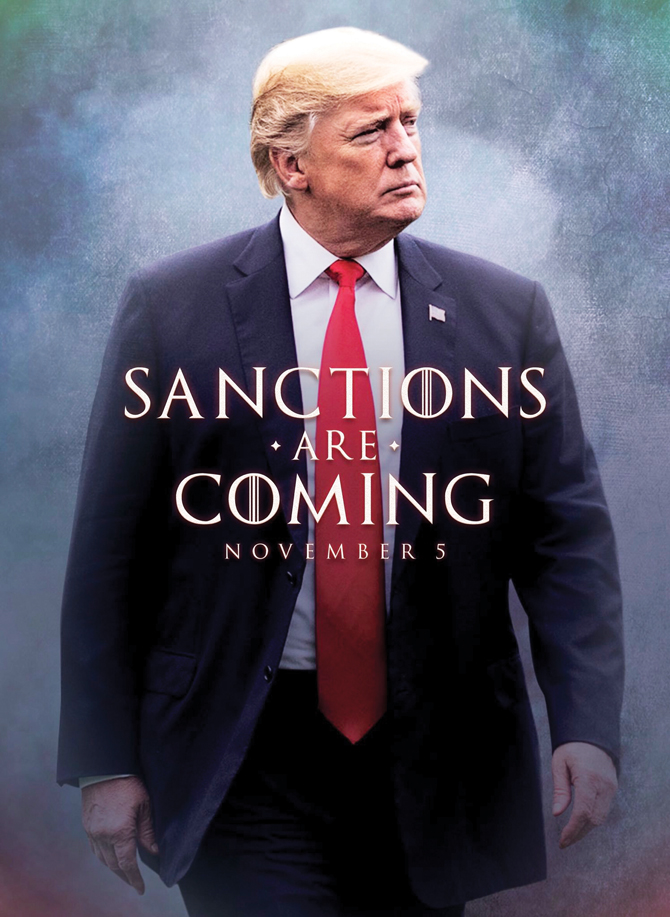
“Happy because it gave closure, disappointed in the way some characters met their fate. It doesn’t do them justice. But the final episode had some emotional and surprising scenes, so it kept me hooked,” he told Arab News.
“It was one of the best shows I’ve seen in my whole life, although the last two seasons weren’t as great.”
A petition calling for the final season to be remade has now passed 1.1 million signatures.
In China, the show’s rights holder triggered outrage among legions of die-hard fans — some of whom took the morning off work to tune in — by mysteriously delaying its broadcast just before it was due to air. That did not stop fans from flocking online, with one dramatic twist provoking a discussion on the Twitter-like Weibo platform that was viewed more than 230 million times.
“It was even more intense than a football finale,” said Ewald Klautky, 52, one of about 200 fans who watched the final episode together in Los Angeles.
Elia Mssawir, a UAE-based entertainment company executive, watched the episode alone at home. “I really kind of enjoyed it, and it was mostly because of the unexpected turn of events. I loved the fact that they put every character in their place without wasting any time,” he told Arab News. “This was something many ‘Game of Thrones’ fans felt uncomfortable about, but I really enjoyed it. Not every series or movie has to have a happy ending,” he said.
“The show meant a lot to me, spanning eight years of my life. I can easily recall each and every time I watched an episode,” he added. “I lived in three different countries during this time, and I took the show with me on the road. One time I was touring with an artist, and I made it my mission to get data to stream it on the bus while going to the next gig.”
The ending of “Game of Thrones” was all too much for its stars, including Sophie Turner, who first appeared as Sansa Stark as a young teenager. She wrote on Instagram of her character: “I fell in love with you at 13 and now 10 years on ... at 23 I leave you behind, but I will never leave behind what you’ve taught me.”




